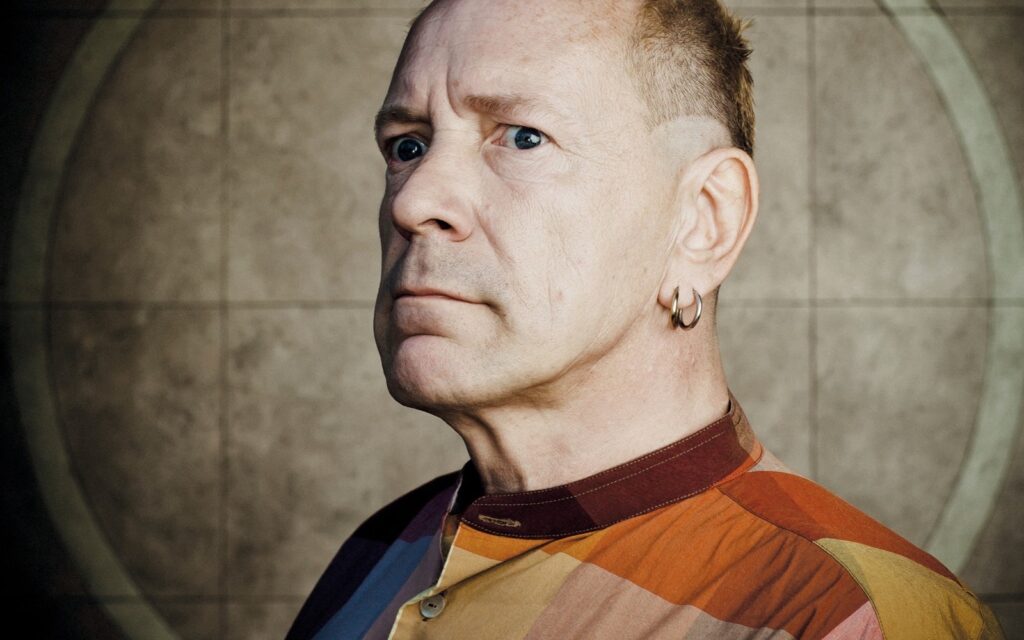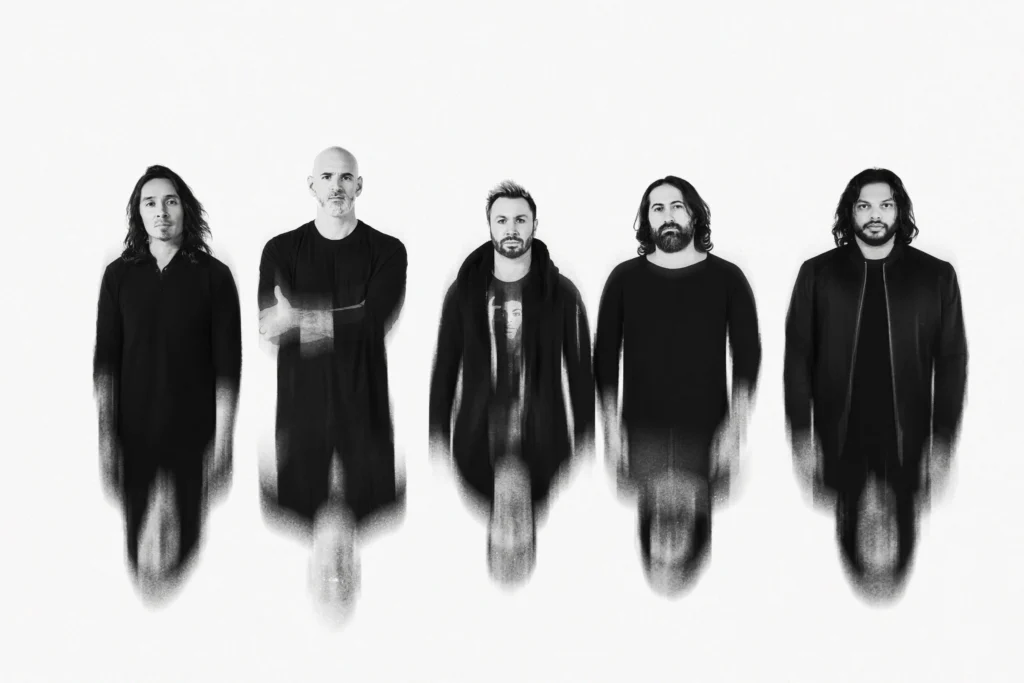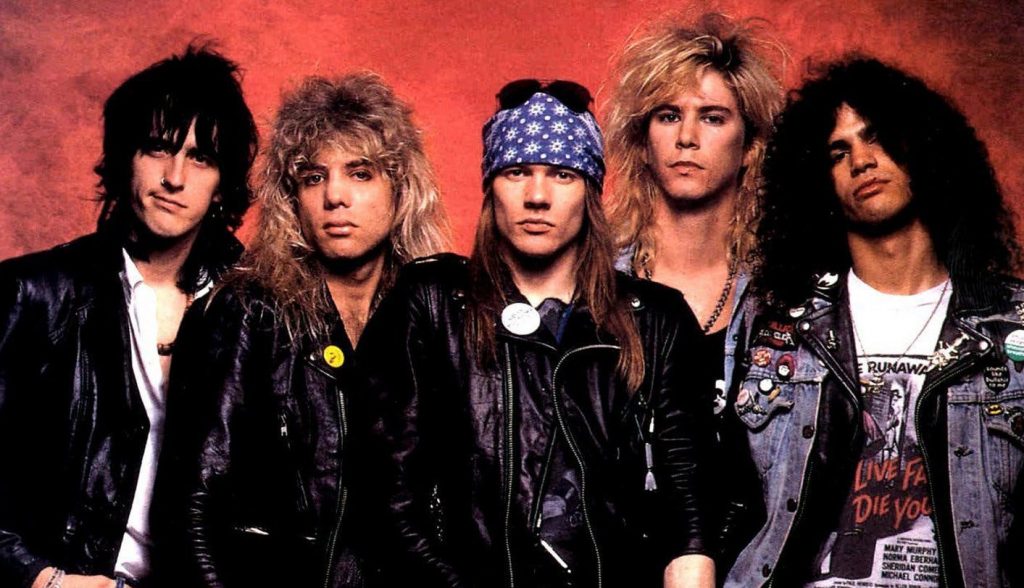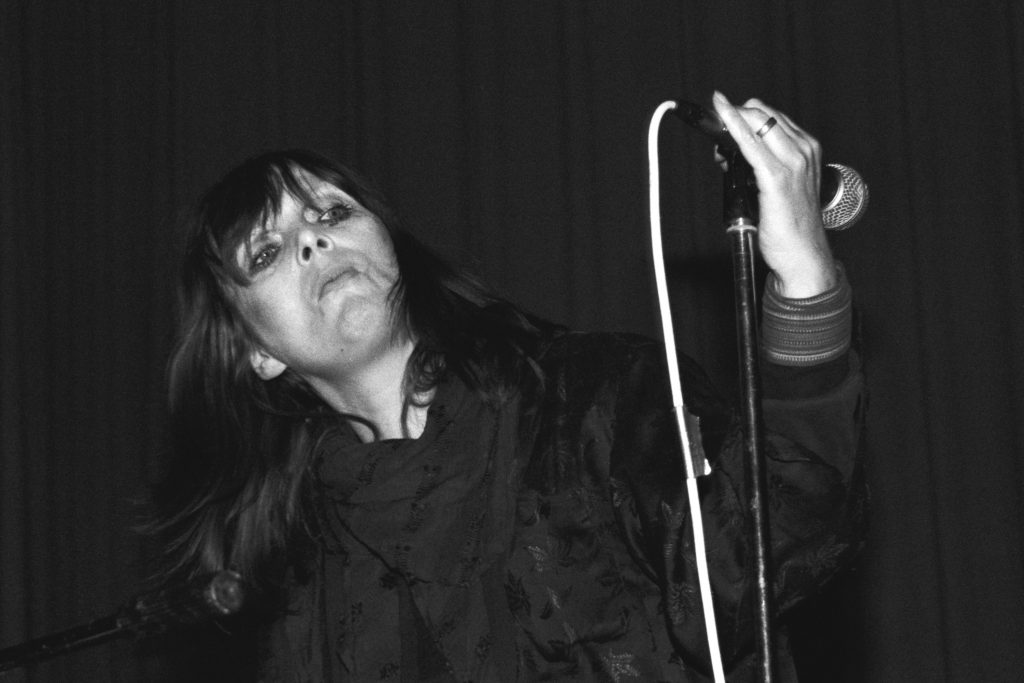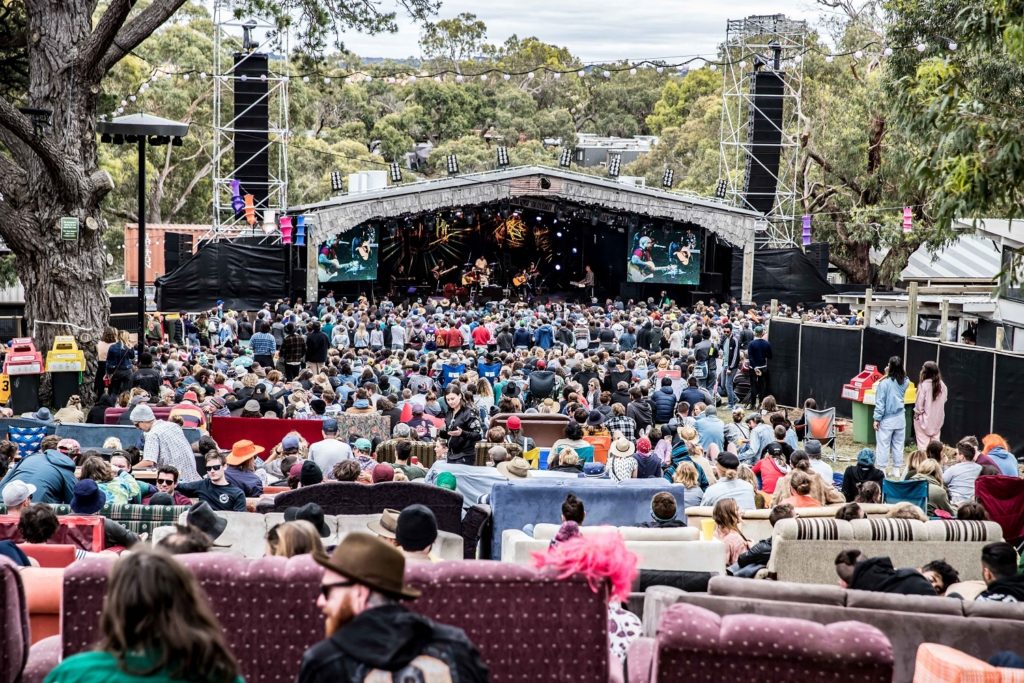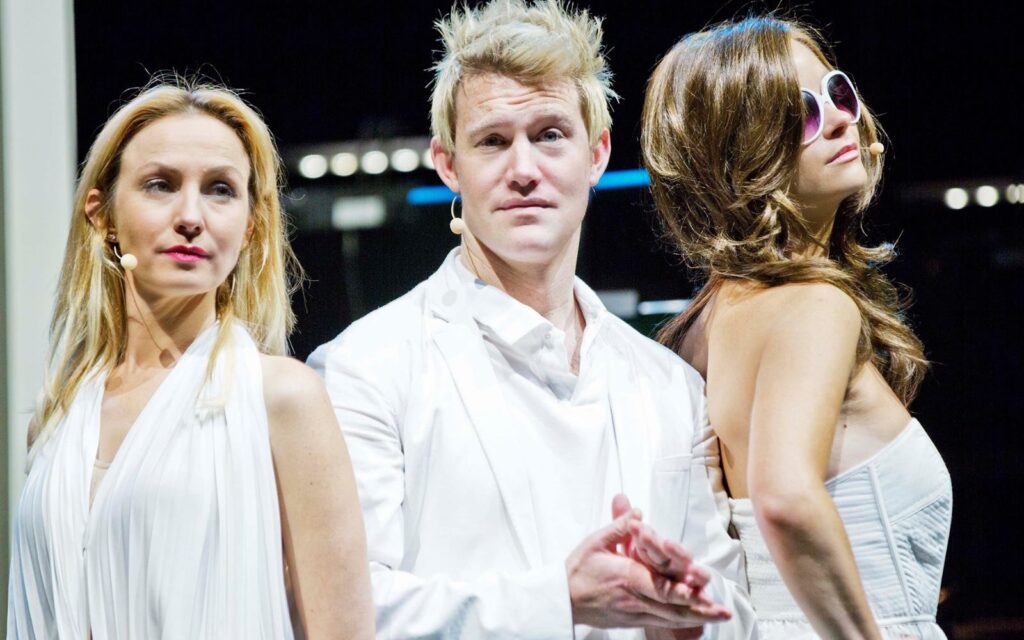“Maybe people just had better times when they were younger, and I’m showing them that they can have just as much fun now,” Deacon states on the phone from Mistletone HQ, where he is putting the finishing touches on the follow up to 2009’s Bromst. “Childhood was cool, but adulthood is cool too. I think why people long for a period of time that’s different than their current life is that they’re not appreciating the current period of their life. I loved being a kid, but the whole time I was a kid I just wanted to grow up. As soon as I was that age I wanted to change that age, then I just started thinking about age and time. I don’t know what Australian culture is like, but American culture is about wishing to be something that you’re not. I just started getting into the idea of getting older and being older, and how age doesn’t really reflect youth. That’s just sort of how I often think about me. I don’t think is the human condition, I think it is the consumerist condition. I don’t know if people felt like that years ago, maybe I’m wrong. I think a lot of it was the Church imposing on fun and freedom, and everything had to be so puritan and the spirit was really squashed. But I think the human condition and the human spirit wants to be free and wild and fun. But at the same time, it’s short. There’s a reason why people mature. Fun doesn’t have to be irresponsibility, which I think goes hand in hand with being young. You can still have fun and be youthful without being irresponsible,” he philosophises.
I’m speaking to Deacon on a monumental date, marking the end of the gestation period for his third studio LP proper. “Today’s the final day of mixing,” he reveals. “It should be out sometime in May or June. It’s hard to say what to expect – I hate expectations. I’m not prepared to answer that question,” he laughs. “I’m too wrapped up in it to look at it yet. I don’t know if it reflects a greater musical life – which is to move toward acoustic instruments as well as electronic instruments. The last two years, while writing this record, I was working on a film score, and my first piece for an orchestra was performed, and two large-form percussion ensemble pieces. So I started really getting interested in the acoustic sound, the timbres that can be created with those instruments as well as computers. I think that sort of reflects the direction that this record took.”
Though still steeped in electronic tones, Bromst marked a decidedly more organic approach than the breakthrough Spiderman Of The Rings. It’s a progression that gains more prominence on the upcoming album, as Deacon explains. “Yeah I think they’re organic. There are like 75 different definitions for organic these days. It’s not sustainable,” he laughs. “I think the way I write music, any sound is valid in the way it sounds to me. I used to write exclusively electronic music, because that’s all I really had the means to record. I didn’t have microphones or the facilities to record acoustic instruments, nor did I have the funds to record them. Now that I have that available to me, it makes more sense to utilise them and add them to the palette.”
Though it’s been a few years since Bromst, Deacon has kept busy with more than a few extracurricular pursuits, some of which shaping the upcoming record. “I went to school for composition, so I had the faintest of memory of what I learned in school in the back of my head. But I sort of approached it the same way, trying to reach a certain level of density. Density is probably the main thing I’m thinking about when I’m writing music. The film score [for Francis Ford Coppola’s Twixt] was different, because there was a long-distance collaboration with the other composer involved – I had to fit the confines of the film, it couldn’t go off in its own direction. It had to play along with the narrative that was being presented in the movie.”
The upcoming Mistletone Fright Night showcase presents the opportunity for Deacon to perform alongside John Maus once again, an artist who also explores the possibility of art within pop. “John and I have played a few shows together, mainly in the UK. I’m looking forward to seeing him and his performance – he’s an awesome person to be around,” Deacon beams. “Both of us have a background in composition. I think both of us like to view pop music as just another valid form to create art within. I feel like a lot of people view pop music as entertainment, but there’s definitely viable art in there and I think John’s really great at mastering that artform.”


